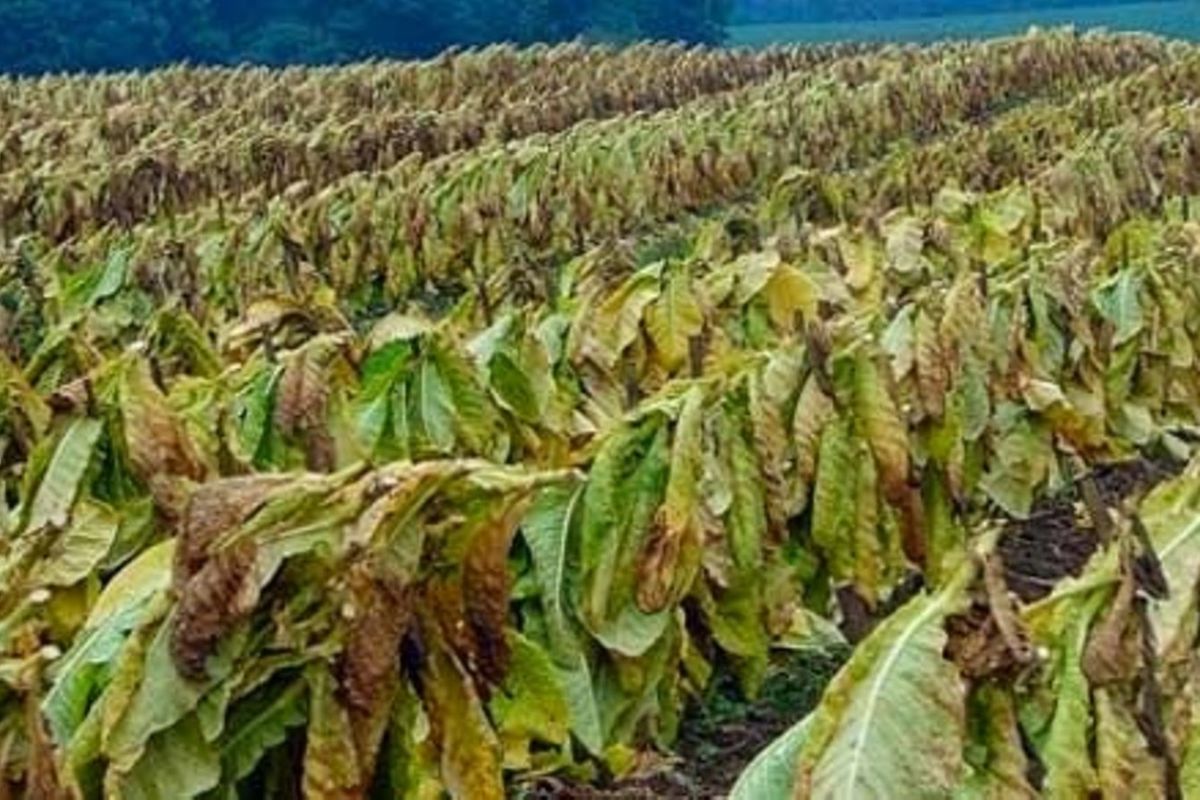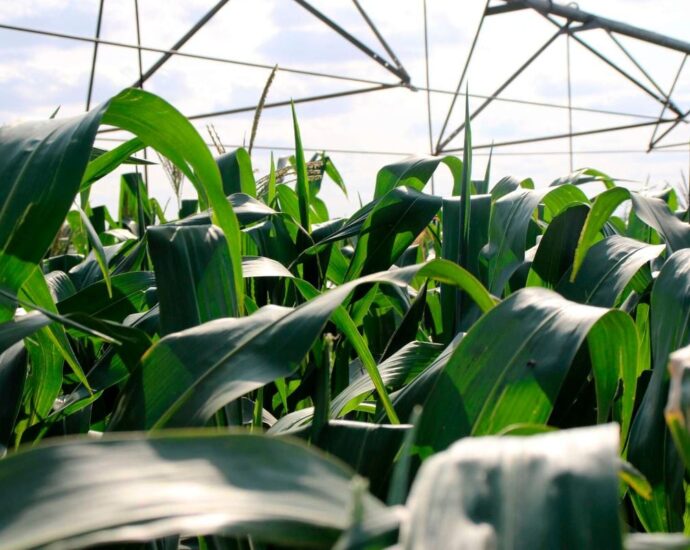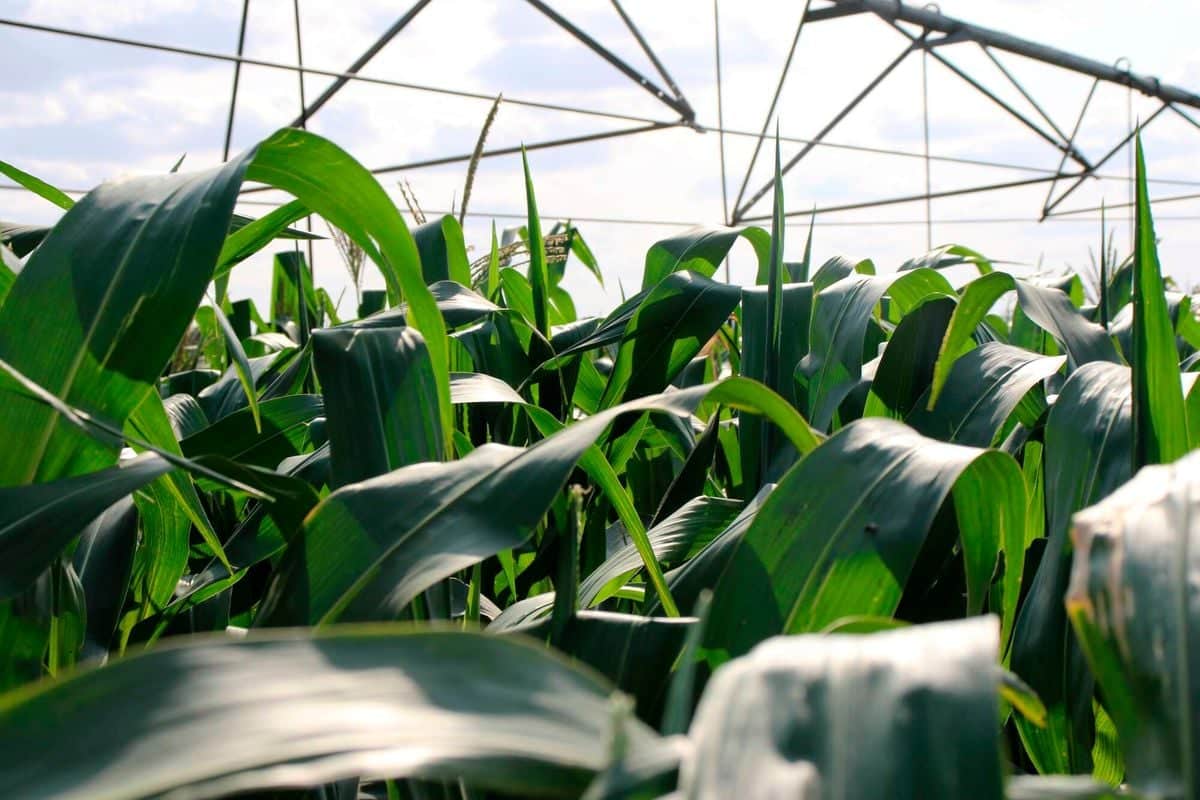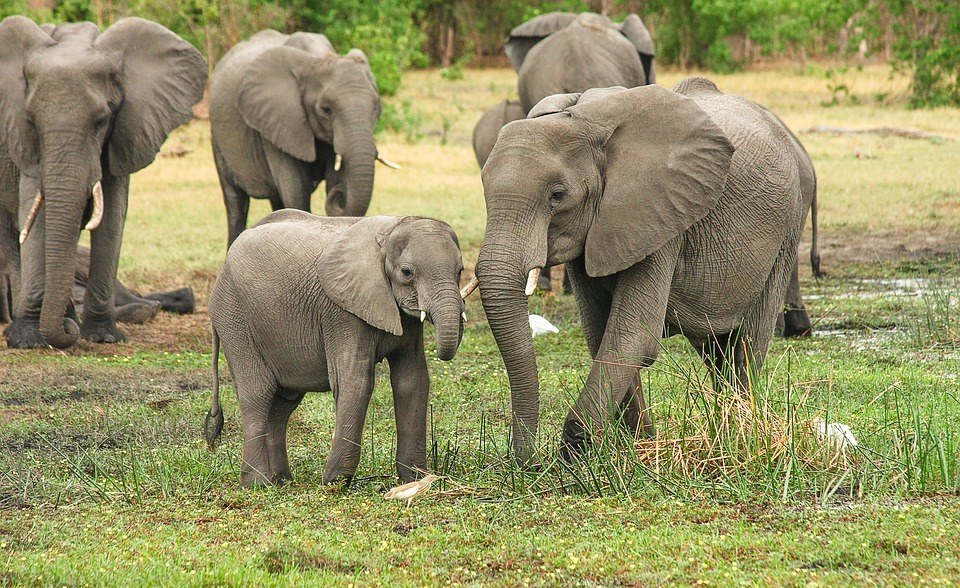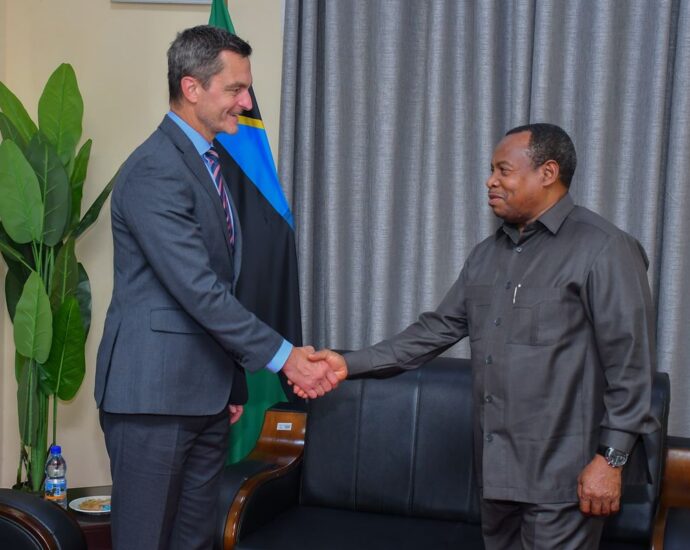Tanzania Set to Introduce the Ritz-Carlton Brand

Tanzania is set to make history as the first Sub-Saharan African country to introduce The Ritz-Carlton brand, bolstering its position as one of the premier tourism destinations on the continent, The Citizen reports.
Tanzania to become first Sub-Saharan African country to introduce The Ritz-Carlton https://t.co/ZthErvVFqw— TheCitizenTz (@TheCitizenTz) August 12, 2024
The Ritz-Carlton Hotel Company, LLC is an American multinational company that operates the luxury hotel chain known as The Ritz-Carlton. The company has 108 luxury hotels and resorts in 30 countries and territories with 29,158 rooms, in addition to 46 hotels with 8,755 rooms planned for the future.
Currently, only Morrocco and Egypt have the brand in Africa, it is reported.
Source: allafrica.com


